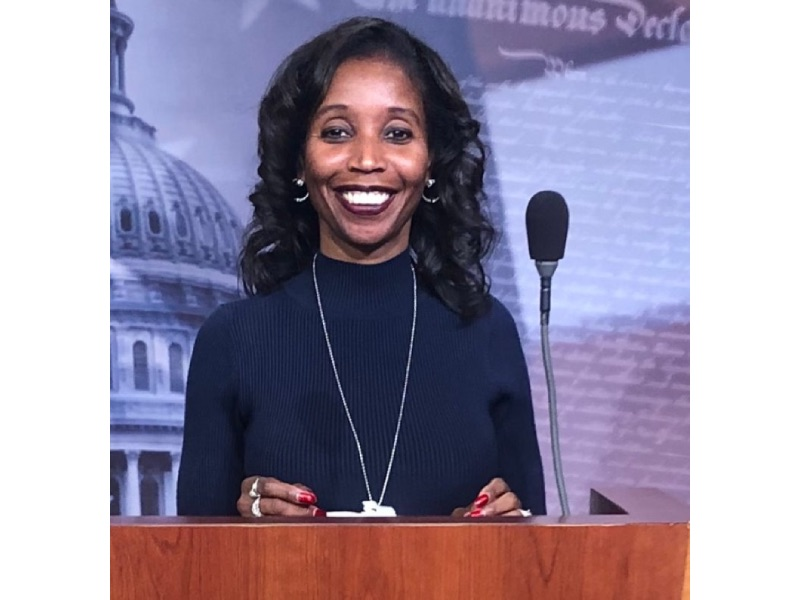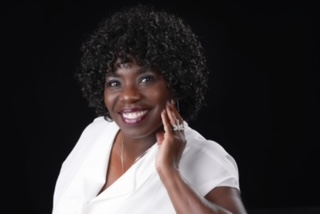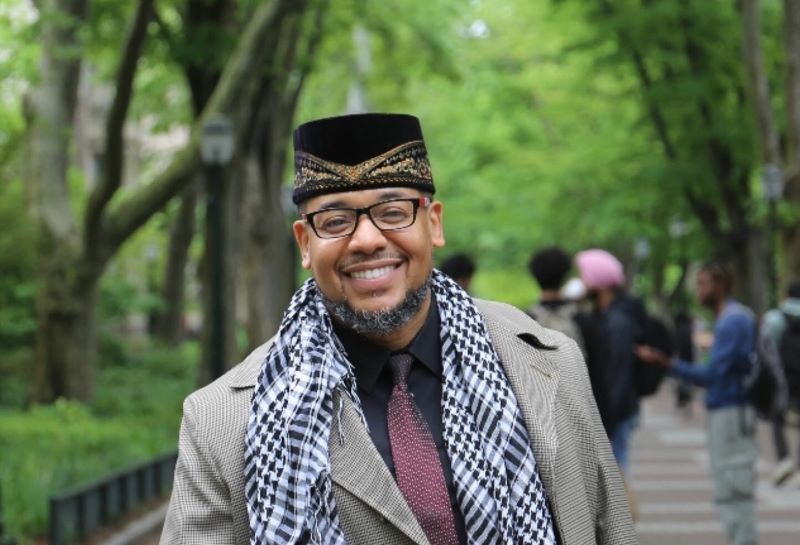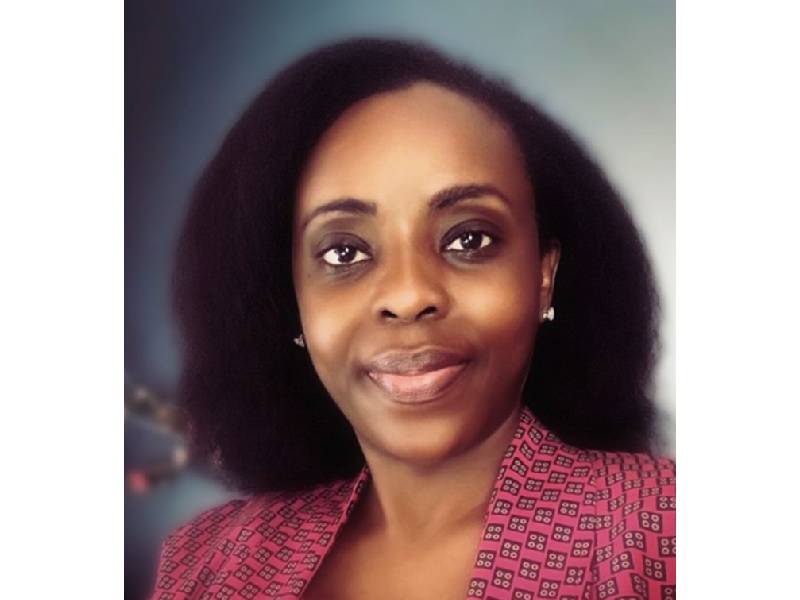
Sherri Darden has worked incredibly hard to get to her current position. After graduating from high school in 1987, she went to work for the Philadelphia Council for Neighborhood Organizations as a secretary/bookkeeper. During her time there, she became a young mother and went to work at the Defender’s Association where she worked for 29 years working her way up from clerk/typist to human resources manager. While there, she worked to advance the mission of providing criminal defense services to people who cannot afford legal representation. She worked behind the scenes to enable those on the frontlines to complete their daily work.
In spite of her job at Defender’s Association, Darden also worked a second and third job. Through one of her side gigs, she met Sonny Driver, the former owner of Scoop. She was introduced to him because he needed a typist. Darden ended up staying at the paper and working there part-time. Driver became like a father-figure to Darden and they developed a very close relationship. When Driver became ill, he began to look for someone to continue his legacy. But after staff meetings and family discussions, Darden agreed to purchase the paper, with the promise to continue the legacy and work for the betterment of the community.
Since then, Darden has left her job at the Defender’s Association to dedicate her time and energy fully to developing Scoop and working for the community.
What is a defining moment in your career and life?
My defining moment was my decision to work hard for what I wanted and needed and to work more than three jobs if necessary to keep my sanity and not take the easy way out and be a victim of circumstance. Instead, I looked for work and found my “life” part time job as a clerk/typist and then typesetter at a small community paper named “Scoop”.
What challenges have you faced as a Black woman in your field and how did you overcome them?
I have faced many challenges as a woman of color particularly involving the need to work extra hard or to excel in my position. Example, I have applied for jobs and was denied the positions because the opportunities were provided to the candidates of a different descent, and also because I appeared to be too young to do the work. What is amazing is that each time this occurred, I was eventually the person completing the assignments for those positions, because the selected candidates were not qualified.
I have learned to accept failures or the loss of opportunity as a plus. I am an optimist and believe that when it is your turn, you will get all that is meant for you. So, when I was faced with adversity, I looked for the advantages of that situation. This way, I see the good in everything that has happened to me; for everything that could be viewed as “bad”, there is some “good” for every struggle and sacrifice as well as growth and promise.
What woman inspires you and why?
I have been blessed to be around a number of strong women in my life, and the woman who has touched my life the most is my grandmother, Margaret Colson. She was my family’s savior and she taught us all the importance of family and being there for those you love through thick and thin. She introduced me to God and the values of faith and the value of dedication and commitment. In addition, to the importance of education and history and the value of knowing who you are and where you come from.
What is your advice to the younger generation of women coming after you?
My advice that I share with all young women is that you can do anything. As my mother would say to me “one monkey doesn’t stop no show” and the “first time is a mistake the second time should not happen.” Life is hard and there will be obstacles, but you should never give up. Everyone has a job and you must determine what your role is and how you fit into the equation of life. And, when looking to find yourself and your contribution, look for something that makes you happy, a job that makes you happy is not a job at all.
What does being a part of the African Diaspora mean to you?
Interesting, because African Americans often don’t think of us as part of the African Diaspora. The reality is that we are part of a unique mix of individuals with different countries and backgrounds, but that we are all similar with shared interests is very powerful. Imagine if we could all see beyond the differences and really learn to work together, what we could accomplish.




